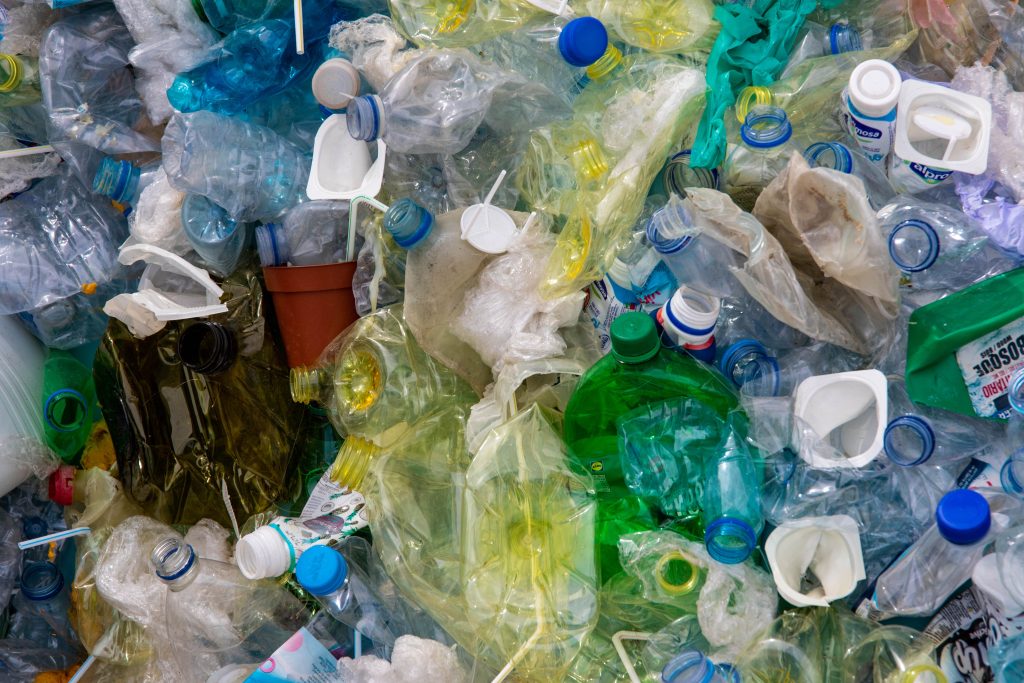- January 31, 2022
- Comments: 0
- Posted by: NWMS
While speaking to a number of manufacturers/producers of plastic products who are in a conundrum if they are liable for the mandatory Extended Producer Responsibility(EPR) activity under the guidelines issued by the Central Pollution Control Board, this article explains how they also fall under this mandatory activity to reduce plastic waste

The fresh draft guidelines issued by the Central Pollution Control Board on October 6, 2021, brought about a number of key changes into the previous guidelines issued for EPR activity by the board in order to create a circular economy for plastic waste. While the broader perspective of who falls under the category for EPR – brand owner, manufacturer/ producer or both is transparent, a number of organisations are still contemplating if they fall under the ambit of EPR if they are producing plastic for a brand owner. The answer is a resounding YES and for the following reason.
In order to explain why a producer of plastic will fall under the purview of EPR, let us take an example of a producer of plastic making pet bottles of prerequisite sizes for a brand owner. During the manufacturing process of pet bottles as per his/her client’s specification(s), plastic waste is generated. It is this plastic waste that eventually lands up in the landfills or areas managed by Urban Local Bodies of a certain state. Under the guidelines issued for EPR, this plastic waste can only be collected by an authorised waste collector, who will then dispose of the waste so generated in compliance with PWM rules.
e.g. 100 ton raw material
processing waste 10%
Finished product – 90 ton
Therefore the manufacturer is liable under EPR for 10% processing waste not the 100 ton raw material purchased. EPR liability for the 90 ton finished product supplied to brand owner devolves to brand owner.
A number of manufacturers/producers of plastic often question how they are liable if they have handed out the plastic bottles or products to a brand owner. They are not liable for EPR for the products /bottles they have supplied to a brand owner. However, they are liable for the waste generated in the manufacture of that plastic product.
In addition, based on the plastic produced by the producer of plastic, and in a particular geographical zone of the country, a producer of plastic will often have a different working mechanism for EPR compared to a brand owner. This also means that the process in the pollution control board, based on their presence, would also differ. But, similar to a brand owner, a manufacturer/producer of plastic will also be liable for Extended Producer Responsibility.
